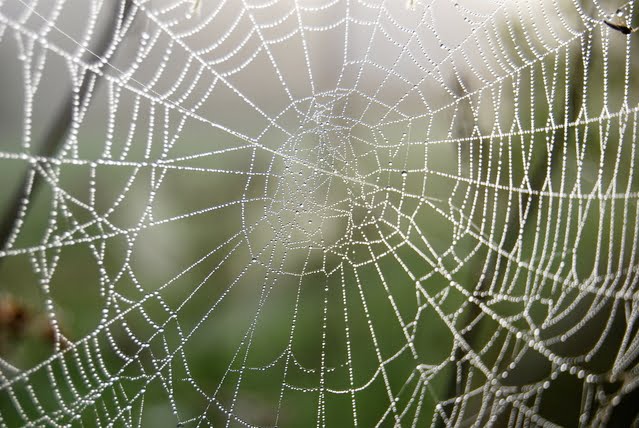RESEARCHERS have created a plant-based, sustainable, scalable material that could replace single-use plastics in many consumer products.
The researchers, from the University of Cambridge, created a polymer film by mimicking the properties of spider silk, one of the strongest materials in nature. The new material is as strong as many common plastics in use today and could replace plastic in many common household products.
The material was created using a new approach for assembling plant proteins into materials which mimic silk on a molecular level. The energy-efficient method, which uses sustainable ingredients, results in a plastic-like free-standing film, which can be made at industrial scale. Non-fading ‘structural’ colour can be added to the polymer, and it can also be used to make water-resistant coatings.
The material is home compostable, whereas other types of bioplastics require industrial composting facilities to degrade. In addition, the Cambridge-developed material requires no chemical modifications to its natural building blocks, so that it can safely degrade in most natural environments.
The new product will be commercialized by Xampla, a University of Cambridge spin-out company developing replacements for single-use plastic and microplastics. The company will introduce a range of single-use sachets and capsules later this year, which can replace the plastic used in everyday products like dishwasher tablets and laundry detergent capsules. The results are reported in the journal Nature Communications.
For many years, Professor Tuomas Knowles in Cambridge’s Yusuf Hamied Department of Chemistry has been researching the behavior of proteins. Much of his research has been focused on what happens when proteins misfold or ‘misbehave’, and how this relates to health and human disease, primarily Alzheimer’s disease.
“We normally investigate how functional protein interactions allow us to stay healthy and how irregular interactions are implicated in Alzheimer’s disease,” said Knowles, who led the current research. “It was a surprise to find our research could also address a big problem in sustainability: that of plastic pollution.”















